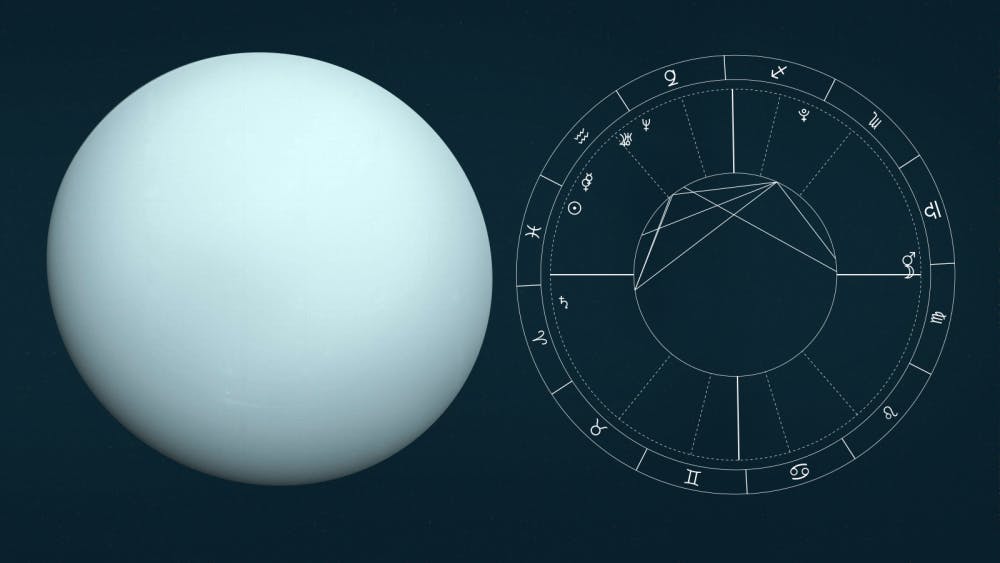How did the Indiana Daily Student, an award-winning student publication with a proud history, start running an astrology column?
The origin story isn’t terribly compelling. I’m just a journalism and theater double-major who never fell in love with journalism. As a second-semester senior, I still had the IDS connections and the chutzpah to pitch this idea nearly on a whim.
Around New Year’s, I was re-reading one of the first astrology books I got my hands on: “The Only Astrology Book You’ll Ever Need” by Joanna Martine Woolfolk. Describing the history of astrology, she wrote it became “popular with the younger generation or with those who read newspaper horoscopes every day.”
When I was a little freshman trying to be a good student journalist, I dutifully picked up an IDS every day. I used the sports section to catch crumbs from my greasy Collins breakfast and read almost everything else.
Now? We don’t read printed newspapers every day. We don’t even print newspapers every day. But I thought it would bridge two eras of astrology.
The IDS still runs 50-word syndicated horoscopes, a staple of 20th-century print. We’re in the age of the Co--Star app and the inclusion of Sun, Moon and rising signs in Tinder bios. I wanted to show how accessible and fascinating astrology is beyond daily horoscopes.
I wrote a list of astrology topics that interested me as a beginner, which is where most of my columns come from. I digitally illustrate my own birth charts because almost all online chart generators are hideous and alienating to the untrained eye. I use Windows-only astrology freeware to look at the transits for the week ahead.
I don’t want to contemplate how much I’ve spent on astrology books. I just know it’s too much.
I’ve put in a lot of hours into studying astrology. Maybe it’s enough to look like the beginning of a career. A few things stop me on that front.
Firstly, my heart belongs to theater, which should be obnoxiously clear by now.
Secondly, while the psychic services industry is truly the Wild West, my Virgo moon respects authority and structure. Some of my favorite astrologers practice without any kind of certification, and I’d guess those who do are in the minority.
The American Federation of Astrologers and International Society for Astrological Research certification exams involve a lot of math, and I’ve failed three math classes in my lifetime.
Thirdly, I’m ultimately a reasonable person. I love astrology and believe in it as a tool for growth, but I don’t let it dictate my actions. I acknowledge it as pseudoscience. The fun of it all is it’s so vast and detailed it feels like science. Interpreting a birth chart is making sense of data points, data points made up by people who still act like the Sun goes around the Earth.
I’ve heard from astrologers who read the IDS or came across it by accident, from IU faculty who dabble and students at a similar level to me. Thanks for reading. It’s been a fun time. Peace out.






